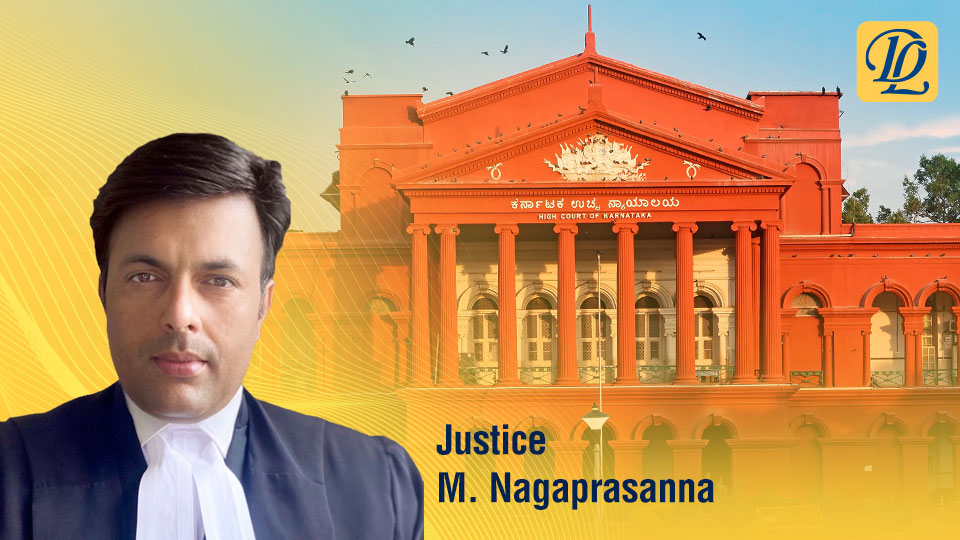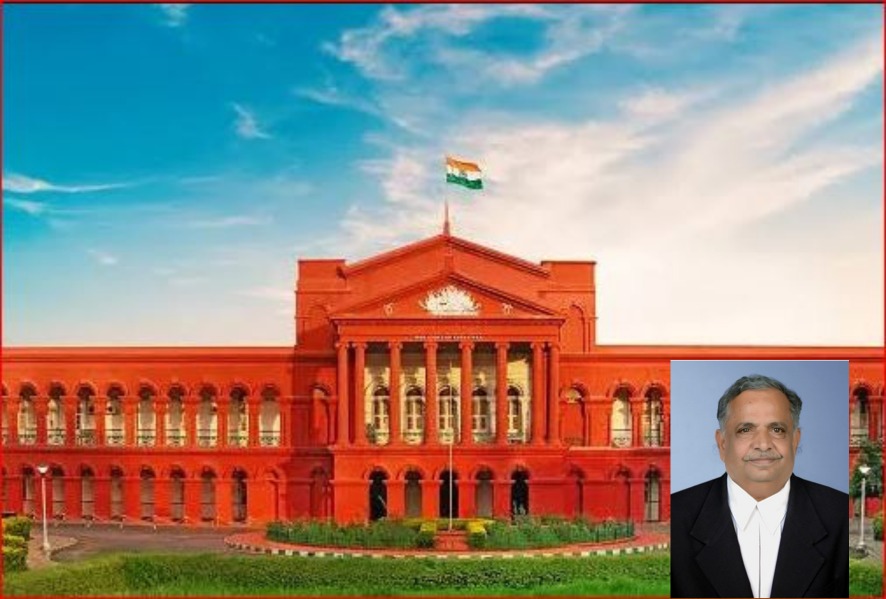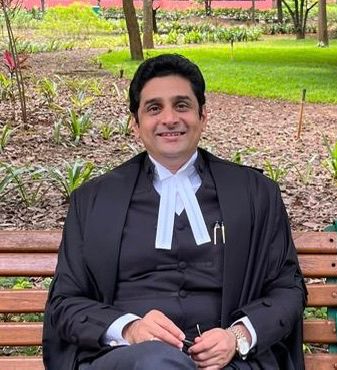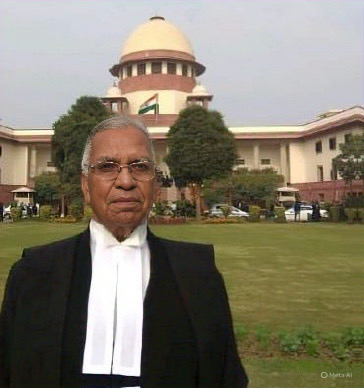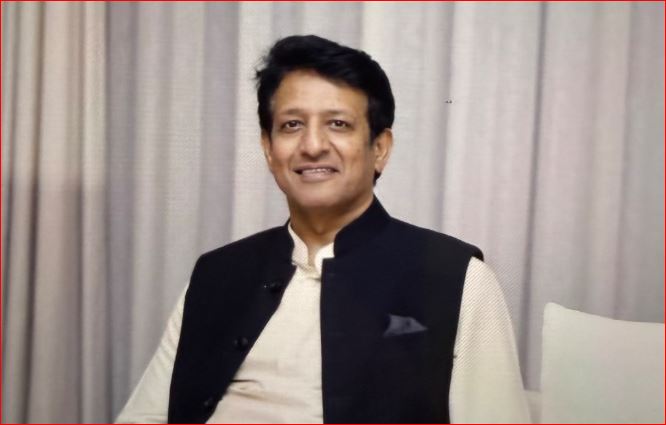Social media cannot be left in a state of anarchic freedom. Content on social media, needs to be regulated and its regulation is a must, more so, in the cases of offences against women in particular, failing which, the right to dignity of a citizen is railroaded. Karnataka High Court.
- 16-October-2025 18:00
X Corp Vs Union of India and others.
Writ Petition 7405 of 2025 decided on 24 September 2025.
Justice M. Nagaprasanna.
Information Technology Act, 2000: Section 79(3)(b).
IT Rules, 2021: Rule 3(1)(d).
Constitution of India: Articles 14, 19, 21.
Constitutional Challenge by Foreign Intermediary: A foreign corporation (X Corp., formerly Twitter) challenged the legality of Rule 3(1)(d) of the IT Rules, 2021, and contended that only Section 69A of the IT Act permits information blocking/takedown orders. The challenge was based primarily on the grounds of being ultra vires the Act, unconstitutionality, and violation of the fundamental rights, particularly under Article 19(1)(a) read with Article 14.
Held:
1.Locus Standi (Article 19): The petitioner, a foreign company, is a non-citizen and therefore not entitled to claim rights guaranteed under Article 19 of the Constitution of India. Articles 14 and 21 are available to all persons, but Article 19 is citizen-centric. A foreign entity cannot attempt to secure Article 19 rights under the umbrella of Article 14.
2. Vires of Rule 3(1)(d) & Scope of Section 79(3)(b): The challenge to Rule 3(1)(d) of the IT Rules, 2021, as being ultra vires the IT Act, arbitrary, or unconstitutional was rejected. Section 79 provides a "safe harbour" exemption to intermediaries, which is conditional upon their compliance with the provisions of sub-sections (2) and (3).
3.Regulation of Content: Regulation of content on social media platforms is a "solemn necessity" for the State to protect democratic discourse, sovereignty, and integrity, and to combat the proliferation of unlawful content, misinformation, and other societal abuses (e.g., violence against women). The framework established under Section 79(3)(b) and Rule 3(1)(d) enables the State to ensure digital spaces do not become lawless territory.
4.Conclusion: The writ petition was rejected as lacking merit.
Ratio:
Social media cannot be left in a state of anarchic freedom. Content on social media, needs to be regulated and its regulation is a must, more so, in the cases of offences against women in particular, failing which, the right to dignity of a citizen is railroaded. Karnataka High Court.
